View all filters
Clear
Residence
Een afhankelijkheidsverklaring
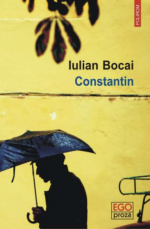
Константин
Outra Cidade
Portret
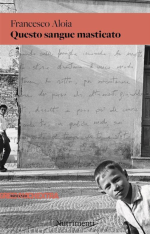
Esta sangre masticada
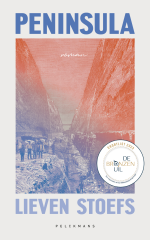
El Corredor (Península)
Obce miasto
Het portret

Коридор (Poluostrvo)

Ta prežvečena kri
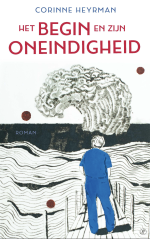
Het begin en zijn oneindigheid
Op hoge leeftijd is Marcel met een depressie in een psychiatrisch ziekenhuis beland, waar zijn kleindochter jaren eerder ook verbleef, op de afdeling eetstoornissen. Ze komt hem dikwijls opzoeken en bespreekt haar vragen in een radiodocumentaire. In hoeverre kies je zelf wie je bent? Wat is een Verward Persoon? Hoe erfelijk is ontregeling, en wat is de oorzaak ervan? Wanneer begint herstel en belangrijker, wanneer eindigt het? Corinne Heyrman vertelt het verhaal van de grootvader, zijn kleindochter, familieleden en andere patiënten in het ziekenhuis, waarmee ze de complexiteit en de vele gezichtspunten van psychische kwetsbaarheid vol verbeeldingskracht en inlevingsvermogen ontleedt.
Svi će ljudi braća biti
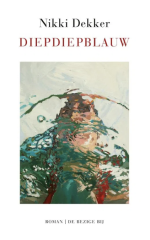
Platvis
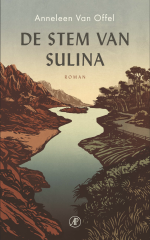
La voce di Sulina
Declarație de dependență

Konstantin. Portret
E lá longe Dedos Dez
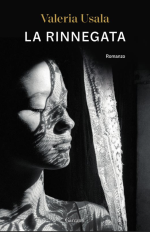
La renegada
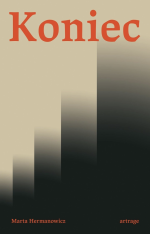
In The End (Koniec)
Metaphysical and blasphemous novel about the tragedy of war that never meets a clean end with a peace treaty. The war goes on, residing within its victims who carry it from one generation to the next.
Malwina, an exceptionally sensitive girl, experiences her grandmother’s wartime memories in her dreams. This makes her exist in two parallel realities at once: the 1940s Eastern borderlands and Siberia along the 1990s Poland. Those realities seep and bleed through one another, making Malwina a catcher of her survivor grandmother’s dreams, or perhaps a dybbuk who gives voice to the dead. To Malwina, the war persists, haunting her day and night alike. Poignant and piercing, Koniec is an impressively well-crafted prose.